GCR Ratings (“GCR”) has affirmed the national scale long-term and short-term Issuer ratings of BBB(NG) and A3(NG) respectively assigned to Ondo State Government of Nigeria, with the Outlook accorded as Stable.
Rated Entity / Issue | Rating class | Rating scale | Rating | Outlook |
Ondo State Government of Nigeria | Long Term Issuer | National | BBB(NG) | Stable |
Short Term Issuer | National | A3(NG) |
Rating Rationale
The affirmed ratings of Ondo State Government of Nigeria (“Ondo State” or “the State”) reflect its moderate socio-economic profile and the ongoing funding support from the Federal Government of Nigeria (“FGN”). This is counterbalanced by the weak internal economy, elevated debt position and the deterioration in the Nigerian operating environment.
GCR recently lowered the Nigeria country risk assessment to reflect the nation’s dwindling fiscal position amidst rising debt, a narrow revenue base, limited economic diversification, security issues, and other structural challenges. GCR has adopted a similar adjustment in deriving the overall operating environment score for Ondo State, albeit slightly moderated as the federal government of Nigeria has demonstrated continued financial support for State governments through previous periods of economic challenges.
Ondo State is the fifth largest oil producing state in Nigeria, responsible for about 12% of the country’s crude oil production. Nonetheless, 60% of its labour force is involved in the agricultural value chain. It is the largest cocoa producer and a major source of timber for building and construction purposes. However, attributable economic benefits and associated income levels have been constrained by the underdevelopment of the agricultural value chain. GCR takes note of various ongoing developmental projects, including public-private partnerships, to improve the local economy by supporting food processing, investments into the road network to foster ease of access to markets, albeit the huge infrastructural gap would likely remain for the foreseeable future. Positively, Ondo State has a high literacy level which has supported moderate socio-economic metrics like unemployment and poverty rate below the national average.
The operating performance remains a rating constraint given the relatively low internal revenue-generating capacity, resulting in over-reliance on the volatile statutory receipts from FGN. Total recurrent income increased slightly to N107.6bn in FY21 (FY20: 103.1bn), primarily driven by an uptick in VAT receipts, licences, fees, and fines, following the gradual economic recovery post COVID-19. The recovery was sustained in 1H FY22, reflected by annualized growth of 27.6% in IGR and 20.7% in recurrent income. The State plans to improve IGR through tax collections.
Recurrent expenditure is another concern due to elevated personnel and overhead cost. Historically, personnel cost as a proportion of total recurrent expenditure has trended within the GCR prudential benchmark of 33%, although annual promotions and gradual payment of salary and pension arrears may see this cost line exceeding the benchmark in the medium term. Furthermore, overhead costs are expected to trend upward as economic activity ramps up. Thus, operating surpluses have been narrow, resulting in higher reliance on external debt funding and limited capex implementation.
Leverage and capital structure are key rating constraints. Gross debt escalated steadily from a period low of N61bn in FY18 to N122bn in 1H FY22 (FY21: N119bn), reflecting the increased utilisation of debt for expansionary capex. Consequently, net debt to recurrent income deteriorated markedly to 86% in FY21 from 26% in FY18, albeit somewhat lower than the 89.4% in FY20 due to the progression in IGR. While this metric slightly improved to 74% in 1H FY22, GCR expects it to spike above 100% in FY23-24 as additional debt is sourced. Similarly, operating cash flow (“OCF”) coverage of gross debt has remained low, averaging 22% over the review period to FY21. In 1H FY22, this metric improved to 52% (FY21: 24%) on the back of increased cash inflows from recurrent income but is expected to reduce to the historical average, given the planned new debt and the expected higher expenditure. While still strong, OCF coverage of interest should trend below 12x over the rating horizon from 17x in FY21 (FY20: 19x) due to higher finance charges. Supporting the assessment, the State benefits from diverse funding sources comprising concessionary loans from FGN and development financial institutions, with a smooth debt maturity profile and favourable interest rates. Conversely, 38% of gross debt is foreign currency denominated, heightening currency risk exposure amidst the persistent Naira depreciation.
Ondo State’s liquidity assessment is a negative for the rating, given the low sources versus uses coverage of 1.17x over the 12-month period to 31 December 2023. This assessment is constrained somewhat by the high level of maturing short-term debt as well as projected capex spend of about N33bn. Thus, GCR expects a decline in days cash on hand to 60 days in FY23 (1H FY22: 138 days), before improving to around 69 days in FY24, supported by cost controls translating to stronger operating surplus.
GCR has factored government support into the ratings as the State benefits from ongoing funding support from the federal government of Nigeria through steady federal allocations, bailout funds, and palliatives where necessary. This is because the State fulfils a critical social service, being at the forefront of improving the day-to-day quality of life for its citizens. The federal allocation is a monthly statutory transfer due to the State, payable by the federation accounts allocation committee. Notwithstanding, this monthly transfer is predisposed to macroeconomic shocks and fluctuations of the international oil market.
Outlook Statement
The Stable Outlook reflects GCR’s view that Ondo State will continue to benefit from strong funding support and statutory transfers from FGN while maintaining a moderate debt position.
Rating Triggers
A rating uplift is only likely in the medium term if 1) the State sustains strong IGR growth that reduces overdependence on federal allocations and underpins strong cashflows; 2) is able to implement capex projects without substantial recourse to debt; 3) reports improved leverage metrics with net debt to income sustained below 70%, OCF to gross debt above 50% and net interest coverage registering above 12x range; 3) liquidity coverage is maintained at above 1.2x.
Conversely, a rating downgrade could result from 1) an escalation in debt above expectations; 2) weak IGR growth or a decrease in transfers from FGN; 3) a deterioration in the net debt to income above 150%; a substantial increase in recurrent expenditure which constrains capital expenditure implementation; 3) a deterioration in liquidity position. 4) a negative audit outcome.
Ratings history
Ondo State Government of Nigeria
Rating class | Review | Rating scale | Rating | Outlook | Date |
Long-Term Issuer | Initial | National | BBB(NG) | Stable | October 2011 |
Short-Term Issuer | Initial | National | A3(NG) | October 2021 | |
Long-Term Issuer | Last | National | BBB(NG) | Negative | November 2021 |
Short-Term Issuer | Last | National | A3(NG) | November 2021 |
Risk Score Summary
Rating Components and Factors | Risk scores |
Operating environment | 6.50 |
Double country risk score | 7.00 |
Adjustments | (0.50) |
Business profile | (0.25) |
LRG profile | 0.50 |
Operating performance | (0.75) |
Management and governance | 0.00 |
Financial profile | (3.00) |
Leverage & capital structure | (1.75) |
Liquidity | (1.25) |
Comparative profile | 3.00 |
Government support | 3.00 |
Peer comparison | 0.00 |
Total Risk Score | 6.25 |
Salient Points of Accorded Ratings
GCR affirms that a.) no part of the ratings process was influenced by any other business activities of the credit rating agency; b.) the ratings were based solely on the merits of the rated entity, security or financial instrument being rated; and c.) such ratings were an independent evaluation of the risks and merits of the rated entity, security, or financial instrument.
The credit ratings have been disclosed to Ondo State Government. The ratings above were solicited by, or on behalf of, the rated entity, and therefore, GCR has been compensated for the provision of the ratings.
Ondo State Government participated in the rating process via teleconferencing and other written correspondence. Furthermore, the quality of information received was considered adequate and has been independently verified where possible. The information received from Ondo State Government and other reliable third parties to accord the credit ratings included:
- The audited financial results for the year ended 31 December 2021 and prior four years audited financial results;
- Auditor General reports for the year ended 31 December 2021;
- Budget Implementation report up to 30 June 2022;
- Approved budget for 2022 and 2023; and
- Debt facility details as of June 2022.
 Lagos, NG • GMT +1
Lagos, NG • GMT +1











 152 views
152 views
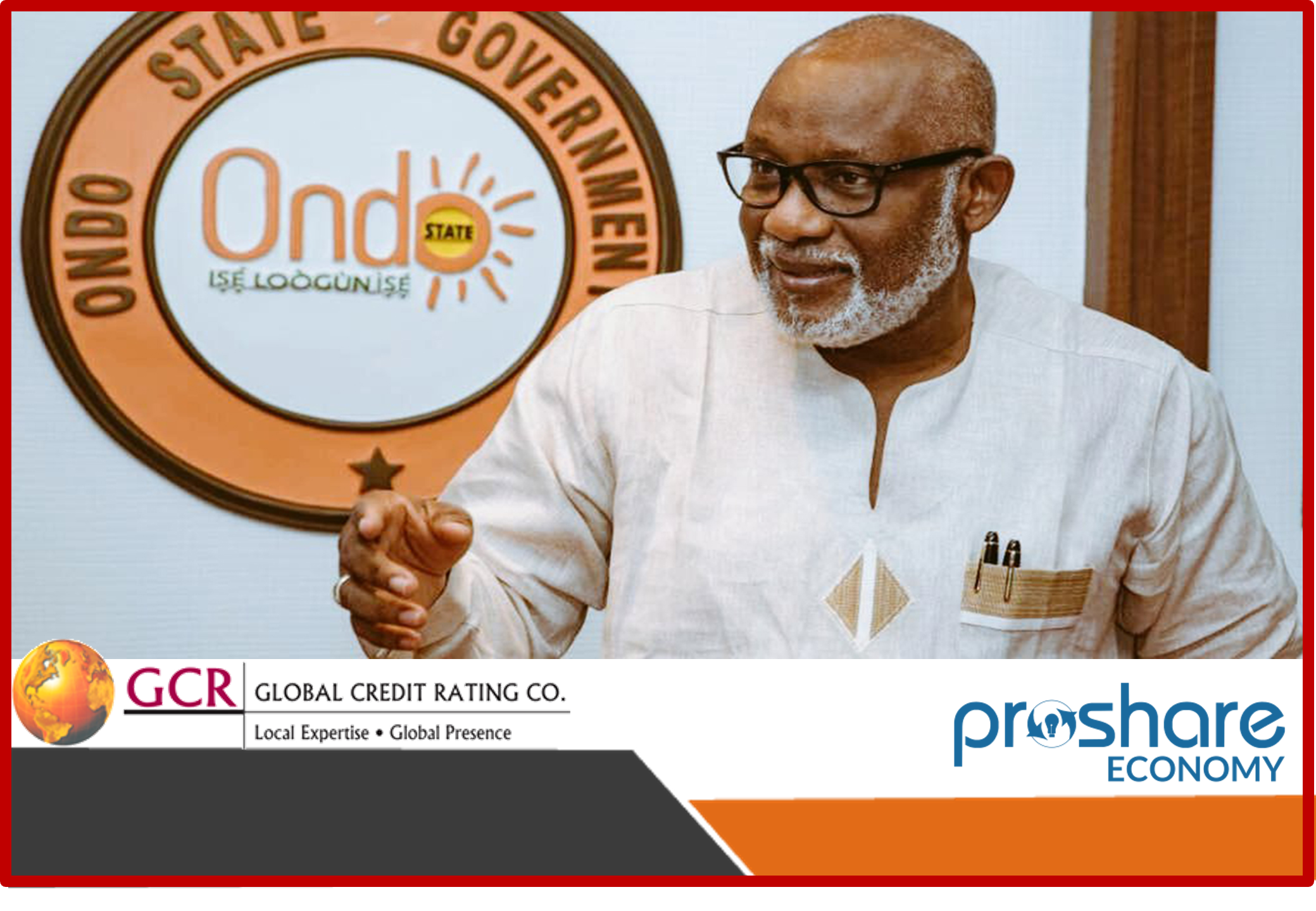
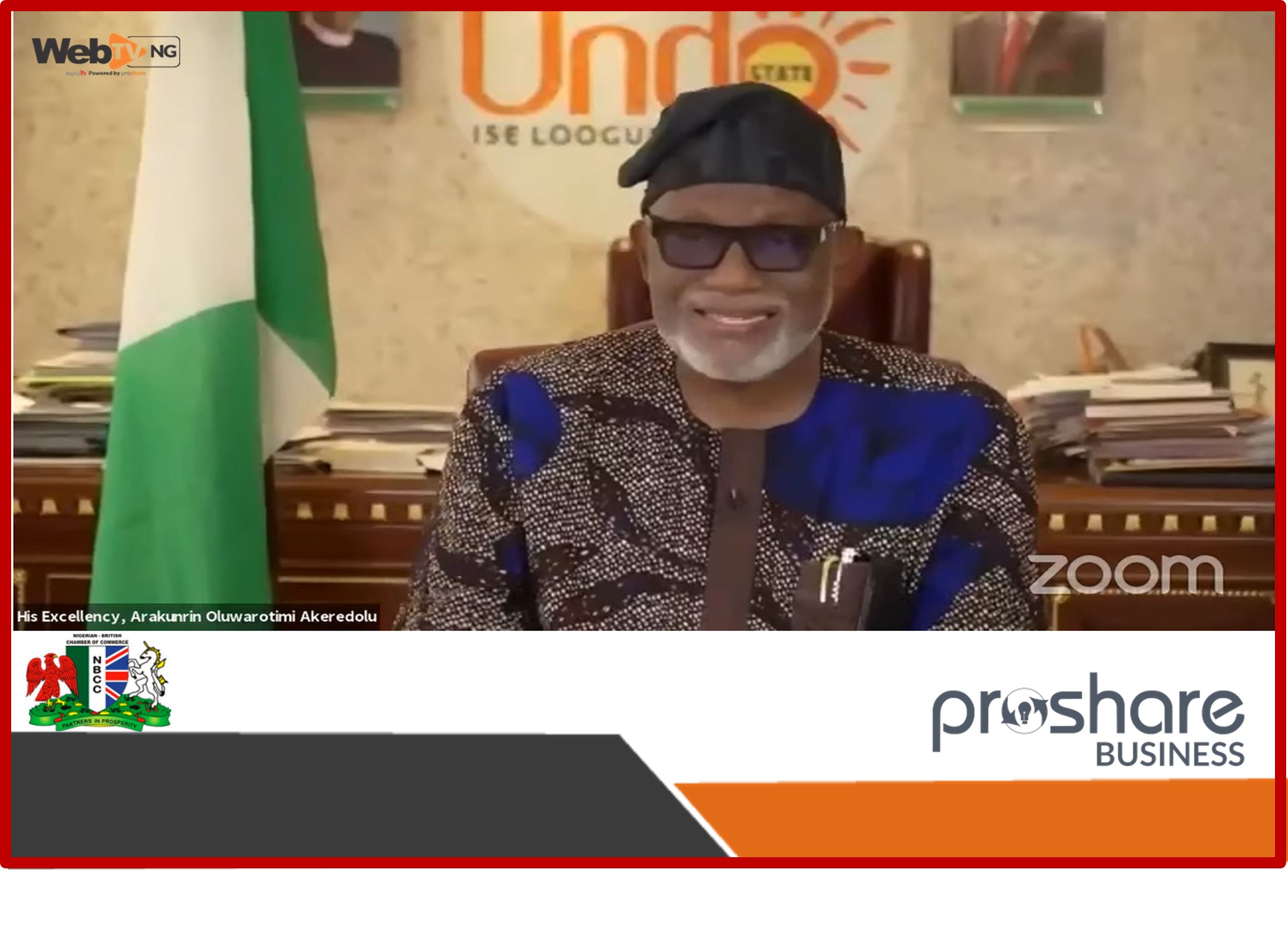
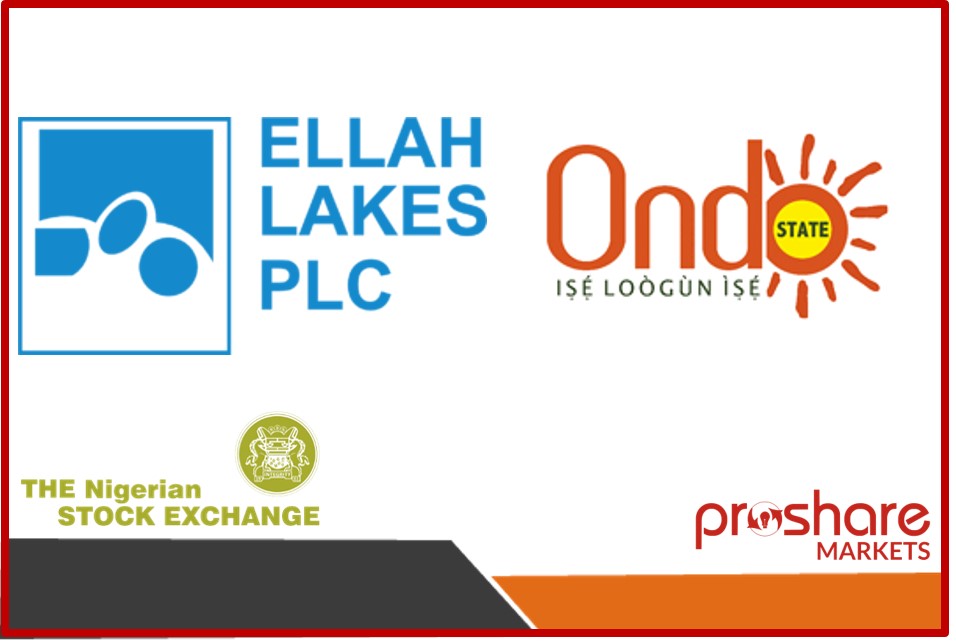
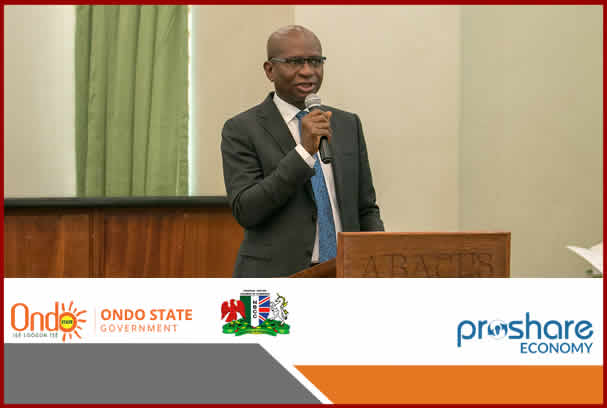
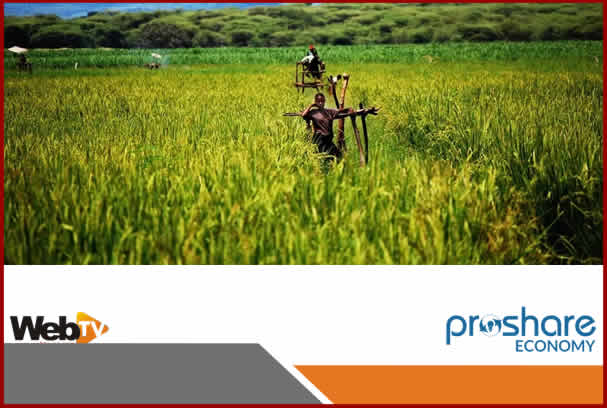





 Sponsored Ad
Sponsored Ad
 Advertise with Us
Advertise with Us









